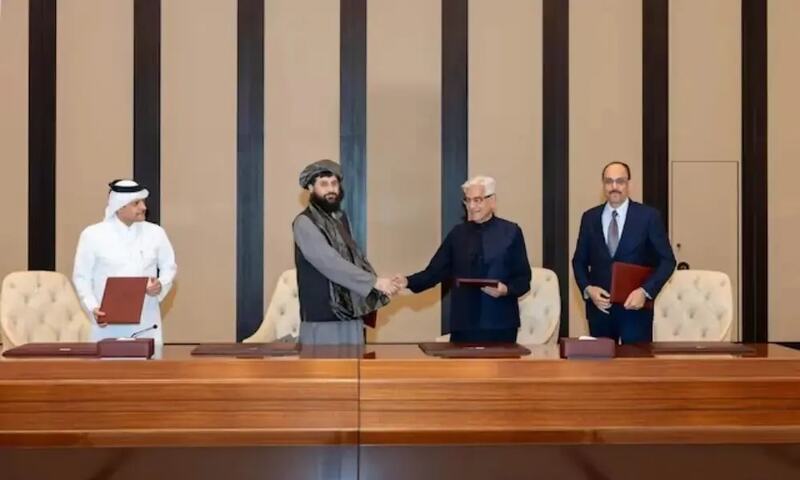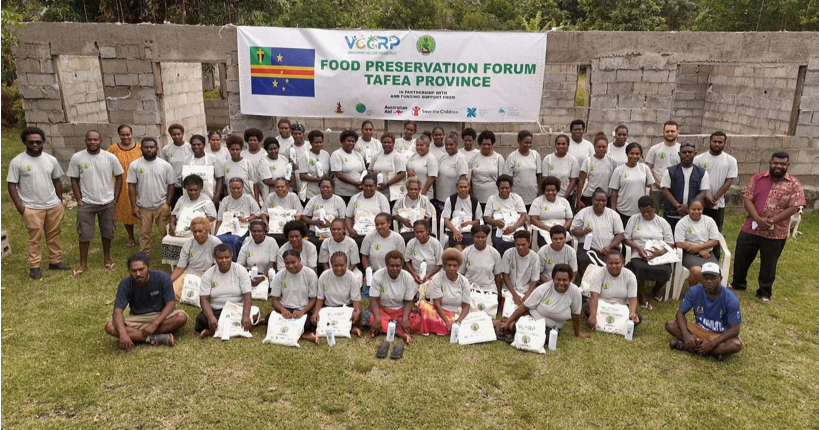Copyright brecorder

EDITORIAL: First things first, Pakistan and Afghanistan agreed yesterday morning to continue a ceasefire between the two countries following a rapid deterioration of ties characterised by clashes on the Pak-Afghan border earlier last month. The Foreign Office has said that Pakistan hopes for a “positive outcome” of the next round of talks with the Afghan Taliban set to begin on November 6. It is important to note that the collapse of the recent Pak-Afghan talks in Istanbul — mediated by Türkiye and Qatar and their subsequent salvage by the hosts resulting in extension of the temporary ceasefire is a sobering reminder of how deep mistrust continues to define relations between Islamabad and Kabul. The dialogue, aimed at addressing the persistent scourge of cross-border terrorism perpetrated by groups such as the so-called Tehreek-e-Taliban Pakistan (TTP) and the Balochistan Liberation Army (BLA), broke down despite Pakistan’s presentation of “irrefutable evidence” that Afghan soil was being used for attacks inside Pakistan. The failure of the talks highlighted the widening gulf between the two governments and the complexities of dealing with militant networks that operate across porous borders. According to Pakistani officials, the talks reached a dead end because the Afghan Taliban were unwilling to take verifiable action against the TTP, a group ideologically aligned with them and deeply embedded within Afghanistan’s militant landscape. Pakistan’s principal demand — concrete and transparent measures to dismantle TTP sanctuaries inside Afghanistan — remains unmet. The situation reflects a broader pattern of the Kabul regime’s reluctance to curb the TTP’s activities — a hesitation rooted in old alliances and ideological affinities. Meanwhile, the security situation on our western border shows no sign of ease. On the very day the Istanbul dialogue collapsed, six Pakistani soldiers, including a young captain, were martyred during an intelligence-based operation in Kurram district of Khyber Pakhtunkhwa, while attacks in Balochistan injured several civilians and narrowly missed the Peshawar-bound passenger train. These incidents point to a sustained campaign of cross-border violence that continues to test Pakistan’s patience. Defence Minister Khawaja Asif’s warning of “severe consequences” for Kabul reflects the growing frustration within Islamabad’s policy circles. Pakistan’s recent airstrikes on terrorist sanctuaries inside Afghanistan demonstrated that it is prepared to act unilaterally if diplomatic efforts continue to yield little. Yet, while Pakistan has every right — indeed, every obligation — to defend its citizens and territory, an outright confrontation with Afghanistan would serve neither country’s long-term interests. The two neighbours share deep historical, ethnic, and economic ties. Escalation could destabilise an already fragile border region, disrupt vital trade routes, and exacerbate humanitarian suffering on both sides. More dangerously, persistent hostility could open the door for external actors seeking to exploit the situation for their own ends. The way forward therefore lies in a balanced strategy that combines firm security measures with sustained diplomatic engagement. More importantly, mediation by Türkiye and Qatar, trusted by both sides, could still help craft a verifiable and workable mechanism to curb terrorism and rebuild mutual confidence. But for peace to take root, Kabul must demonstrate through action that it will no longer allow its soil to be used against a neighbour that has long borne the brunt of Afghanistan-related regional instability. Copyright Business Recorder, 2025



